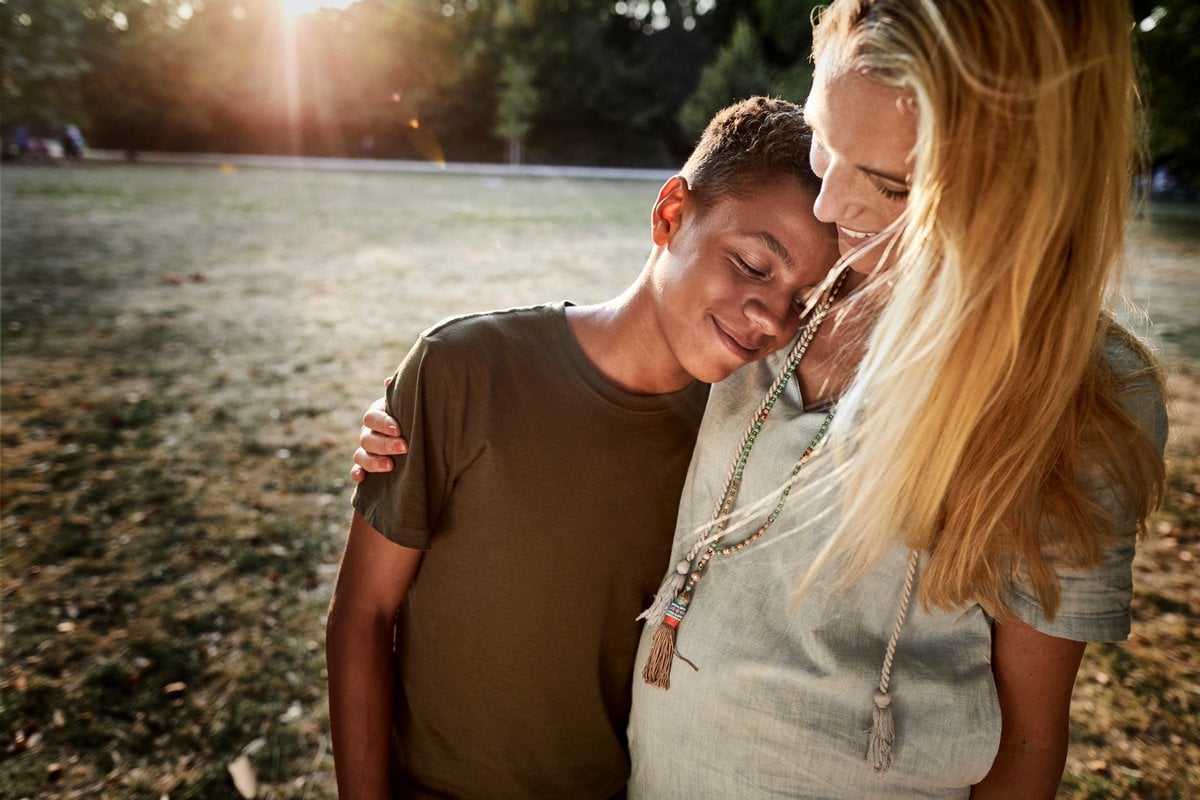
I spent this past weekend at a roller derby tournament in regional Victoria.
It was the first tournament my 14-year-old son had participated in, and I was struck by how diverse, how inclusive and how welcoming it was. My son joined a roller derby club in Melbourne about four years ago but lost much of 2020 and 2021 due to lockdowns and the closure of sporting facilities.
After years of learning how to skate, how to fall, and how to play, he is now ready to compete in level two modified contact games. Modified contact implies slightly altered rules from full contact games for more experienced players, however, there is still plenty of pushing and shoving and using hips and bodies. Even modified contact games are as physical as AFL.
There are 13 skaters in my son’s team. They identify as female, male, and non-binary. Their preferred pronouns are as well-known as their derby names, the moniker that each skater invents for themselves when they start competing.
At the tournament on the weekend, even the parents watching were careful not to mis-gender, and happily discussed skaters as 'they' until we knew differently. For parents of kids who have played in more conventional sports like netball and AFL, this is a big welcome shift in junior community sport.
Watch: Saturday Sports Shorts Legend | Callout. Story continues below.




























































































